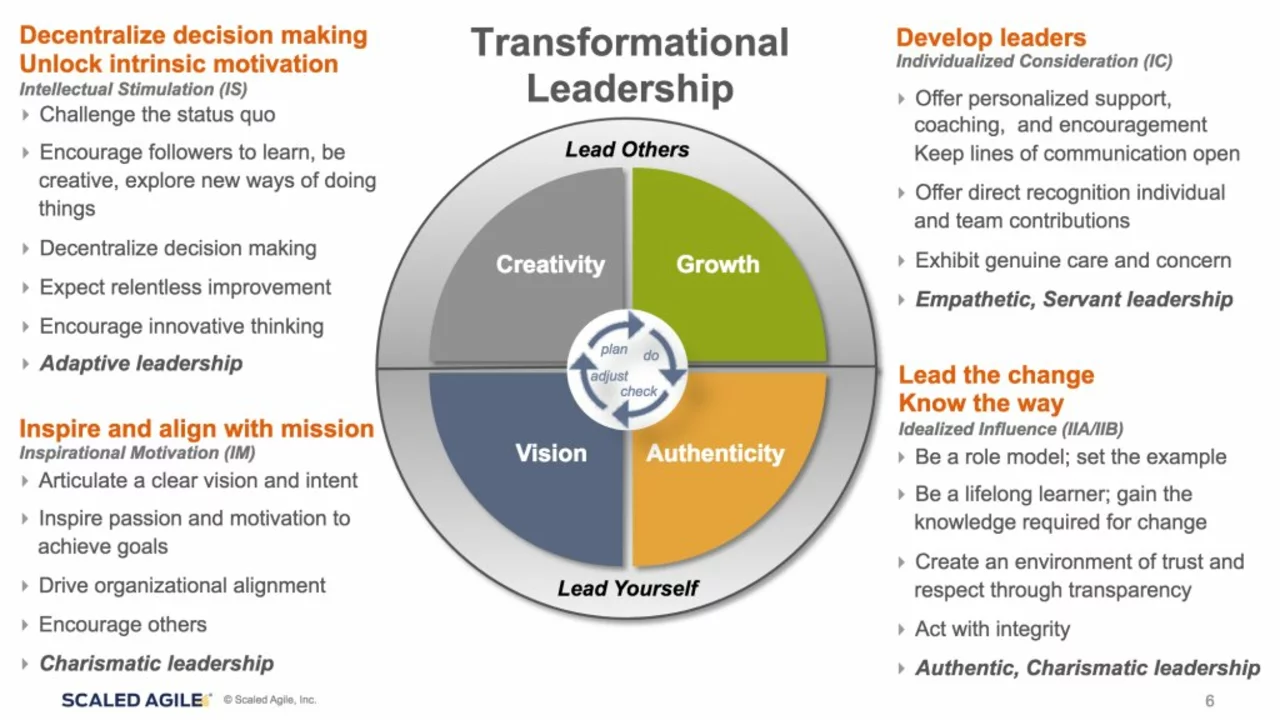Education Degree Guide: How to Choose, Earn, and Use It
Thinking about an education degree but not sure where to start? You’re not alone. Millions of students weigh options every year, and the right choice can change your job prospects, salary, and daily satisfaction. This guide breaks down the main types of education degrees, gives you quick tips to pick the best fit, and shows how to turn your credential into real-world opportunities.
Types of Education Degrees You’ll Encounter
First, let’s clear up the buzzwords. An associate’s degree in education usually takes two years and preps you for entry‑level teaching or support roles, like teacher assistants. A bachelor’s degree (B.A. or B.S.) is the most common path to become a certified K‑12 teacher, and it also opens doors to curriculum design, school counseling, or education policy jobs.
If you want to dive deeper, a master’s degree (M.Ed. or M.A.) lets you specialize—think special education, instructional technology, or educational leadership. This level often leads to higher salaries and positions like school principal or district administrator. Finally, a doctoral degree (Ph.D. or Ed.D.) is for those aiming at research, university teaching, or high‑level policy work.
How to Pick the Right Degree for You
Start by asking yourself three quick questions: What age group do you love working with? Do you prefer classroom hustle or behind‑the‑scenes planning? How much time and money can you invest right now?
If you’re drawn to kids ages 5‑12 and want a fast entry point, an associate’s or a bachelor’s in elementary education is a solid bet. Want to work with teens or focus on curriculum? Look at a bachelor’s in secondary education or a specialization like math or science teaching.
Got a passion for tech or inclusive classrooms? A master’s in instructional technology or special education can give you the edge. And if you see yourself shaping school districts or influencing education law, a doctoral program is worth the commitment.
Don’t forget to check state certification requirements. Some states let you start teaching with a bachelor’s, while others require a master’s or a specific endorsement. A quick visit to your state’s department of education website will save you headaches later.
Financial aid can also steer your decision. Community colleges often offer affordable associate’s programs that transfer into four‑year schools. Scholarships are plentiful for future teachers, especially in high‑need subjects like STEM or special education.
Lastly, think about experience. Internships, student‑teacher placements, and volunteer work let you test a field before you commit a full degree. Real‑world exposure helps you confirm that the classroom vibe matches your expectations.
Once you’ve picked a path, treat your degree as a launchpad, not a finish line. Build a professional network, attend education conferences, and keep earning micro‑credentials (like Google Certified Educator) to stay competitive.
In short, an education degree can be your ticket to a stable, rewarding career—if you match the program to your interests, budget, and local licensing rules. Use this guide as a roadmap, dive into the specifics that matter to you, and start planning your next steps today.

Should I get an education degree?
Deciding whether to pursue an education degree is a personal choice and depends on your career goals. If you're passionate about teaching and shaping young minds, an education degree can offer the necessary skills and credentials. However, it's essential to consider the financial investment and the potential return. Some may find the rewards of teaching outweigh the monetary aspects, while others may prefer a degree with a more direct financial payoff. Do your research, consider your passion and prospects, and make an informed decision.
Read More